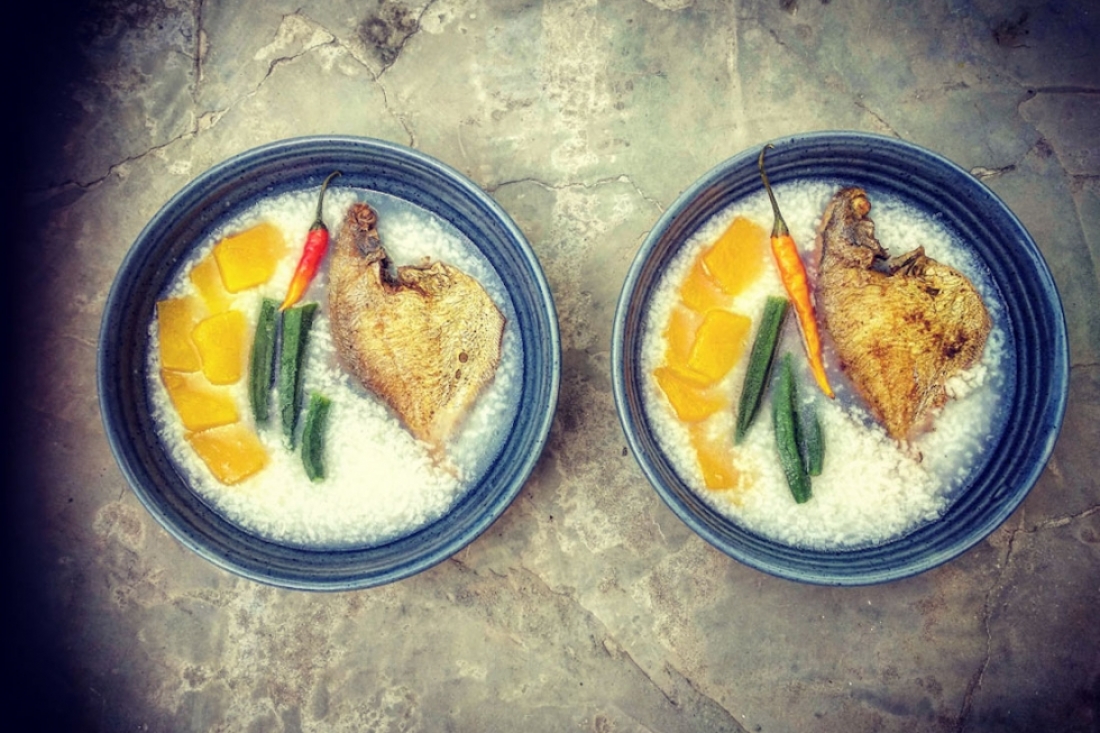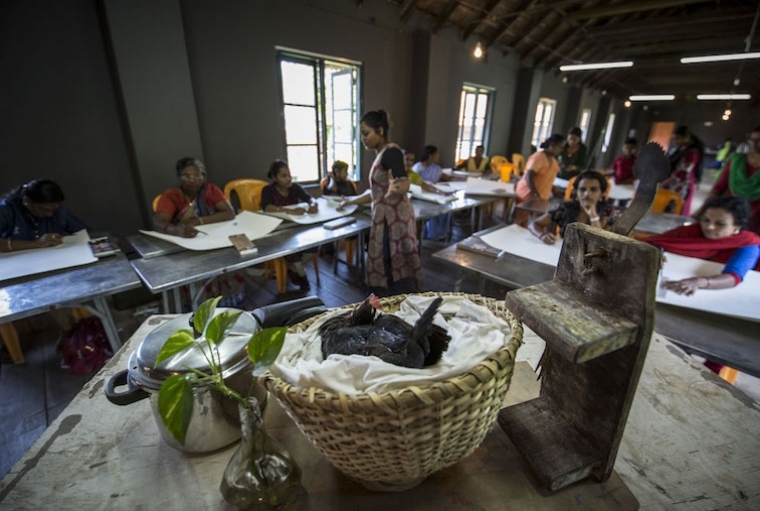

From providing food for thought through a range of socially-engaged artworks, the Kochi-Muziris Biennale will this time serve art on a plate — literally. The fourth edition of the Biennale starting next week features an off-beat project called ‘Edible Archives’, where visitors can try a variety of dishes being prepared on the spot.
The Biennale’s 2018 curator Anita Dube says the three food projects at Fort Kochi keep with the event’s core theme: Possibilities of a Non-Alienated Life. “If you are tired and hungry, how will you have the energy to look at the beautiful works on display?” she says. “My exploration has been about ways in which we can engage with each other. Food, too, is integral to coming together.”
The Kudumbashree Mission will have 20 units serving culinary delicacies from various districts of Kerala at a nominal price. “We will also be selling handicrafts made by our workers,” reveals Soya Thomas, State Programme Manager of Kudumbashree. The 90-day section will also host a seminar on women empowerment. The unit will run videos on 20-year-old Kudumbashree.

Women from Kudumbashree Mission participating in a workshop conducted at the Pepper House as part of
a artistic program organised by Kochi Biennale Foundation
‘Edible Archives’ gives platform to bringing traditional cooking methods into the contemporary, where the chefs can showcase their skills rooted in their own journeys and culinary traditions. “Every time we eat something, it becomes a part of our personal archive,” notes Anumitra. Adds Prima: “Food is something that is constantly being created and recreated. And then it vanishes, too. Their project, anchored by four women chefs, will have a ‘Rice Stories’ stall that showcases 16 varieties of rice that are not commercially viable — such as kagisale from Karnataka, kalonuniya from Bengal and thavalakkannan from Kerala.
Dube explains that Vipin’s idea of community dining fits well into her curatorial theme of collaboration and questioning alienation. “On the other hand, ‘Edible Archives’ is an infra project that focuses on clean flavours and fresh ingredients, combined with rigorous culinary techniques. Kudumbashree, too, aims for women’s empowerment, which is a focal aspect of this biennale,” notes the Lucknow-born curator, an alumnus of the Maharaja Sayajirao University in Baroda, Gujarat.
Overall, Dube says she wants Biennale visitors to be active spectators. “The biennale, as I see it, will be a celebration of coming together and learning.”